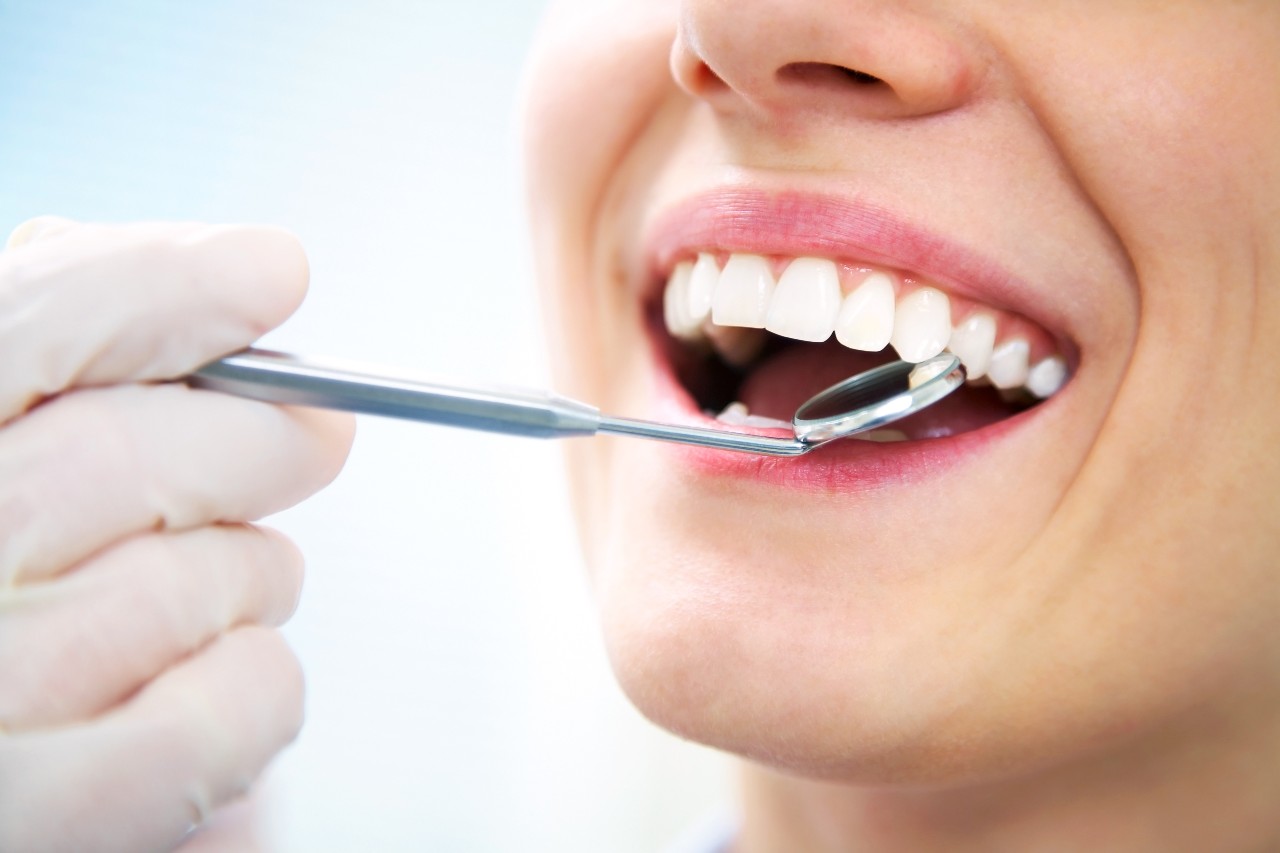When it comes to oral health, people tend to think only about the health of their teeth. However, your gums play an essential role in keeping your mouth and body healthy. They act as a supportive structure for your teeth. When inflamed or infected, they can become a severe problem for both your oral and general health.
Gingivitis
Red, sore, or swollen gums can be signs of gingivitis, and can present themselves at various stages of gum disease. Gingivitis is often caused by plaque, a sticky film of bacteria that forms on your teeth. Plaque can harden into tartar, which can only be removed by a professional cleaning.
Periodontitis
If plaque and tartar are not removed, they can cause the gums to become inflamed and bleed easily. This can lead to periodontitis, which is a more severe condition. Periodontitis is a disease of gum and bone, and this inflammation damages the soft tissue and bone that support your teeth. If left untreated, periodontitis can lead to bone loss and eventually tooth loss.
Symptoms
The early stage of gum disease (gingivitis) often has no symptoms. However, as the disease progresses, you may experience the following symptoms:
- Swollen, red, or tender gums
- Gums that bleed easily
- Bad breath
- Receding gum lines
- Loose or shifting teeth
- Changes in the fit of partial dentures
If you experience any of these symptoms, the best course of action is to see a dentist so that they can diagnose and treat the problem.
Treatment
If caught in time, gingivitis is often treated with a professional dental cleaning and an attentive oral hygiene plan at home. More aggressive treatment may be necessary if the disease has progressed to periodontitis. Treatment for periodontitis may include:
Scaling and Root Planing: This deep cleaning is performed below the gum line to remove plaque and tartar.
Antibiotics: These can be in the form of a pill, mouth rinse, or gel. They help to reduce inflammation and fight infection.
Surgery: In some cases, surgery may be necessary to remove the tartar buildup or repair damage caused by periodontitis.
Prevention
Dental professionals preach preventative care so much because it helps tremendously by maintaining the mouth in a healthy state and keeps cost of dental treatment at minimal. It’s crucial to practice good oral hygiene habitually. This includes:
- Brushing your teeth twice a day
- Flossing daily
- Visiting Dr. Grewal regularly for checkups and cleanings
- Avoiding smoking
Contact us if you have any concerns about your gum health. Our team can help you determine the best course of action for keeping your smile healthy and bright.

